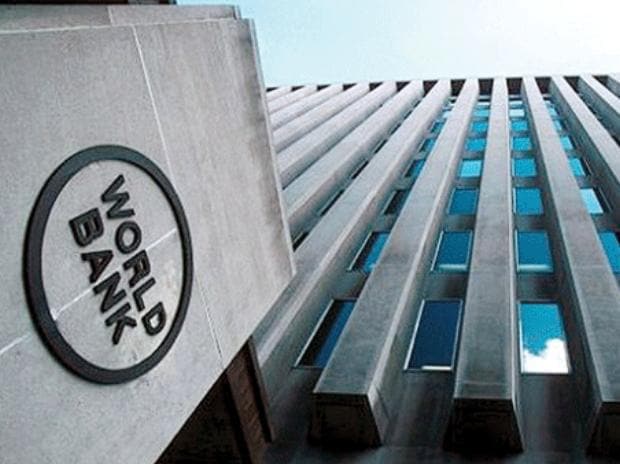The real, the rouble and the rupee are on the spot as infections
of Covid-19, the illness caused by the virus, pile up in Brazil, Russia and
India.
Emerging
market currencies will likely give back recent gains if a resurgence of the
coronavirus pandemic continues in the second half of the year, driving foreign
exchange flows to the safer US dollar, a Reuters poll of market strategists
showed.
The real, the rouble and the rupee are on the spot as infections of Covid-19, the illness caused by the virus, pile up in Brazil, Russia and India, the nations with the highest case counts in the world after the United States.
The real, the rouble and the rupee are on the spot as infections of Covid-19, the illness caused by the virus, pile up in Brazil, Russia and India, the nations with the highest case counts in the world after the United States.
The outlook for
these emerging economies keeps worsening due to the unrelenting health crisis,
with Brasilia engulfed in political rows, the Kremlin tightening its grip and
Indian cities suffering from a lack of adequate infrastructure.
Over 90%, 63 of 68
respondents in the June 25-July 1 Reuters poll said a second shock from the
pandemic would boost the dollar, as in March, when anxious investors dashing
for the greenback dealt EM FX its steepest loss since May 2012, according to an
MSCI index.
"A second
wave of the Covid-19 pandemic represents the major risk," said Roberto
Mialich, FX strategist at UniCredit. "If so, we can expect investors to
stay in the greenback or even increase their long exposure."
He added emerging
market currencies would bear most of the brunt in the event that investors and
traders became defensive once again. But he said global conditions would
gradually improve, meaning less exposure to the dollar.






